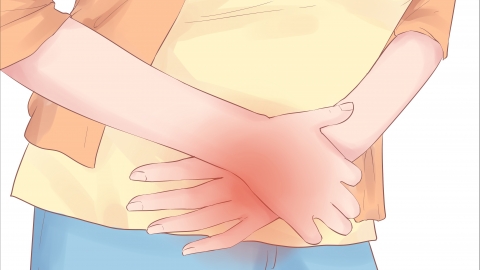What are the situations that require medical attention three months after a miscarriage?
Generally, if three months after a miscarriage, there are persistent irregular bleeding, abdominal or pelvic pain, frequent or urgent urination, abnormal vaginal discharge, fever, or chills, medical attention may still be necessary. Detailed explanations are as follows:

1. Persistent Irregular Bleeding
If irregular vaginal bleeding persists beyond the normal menstrual cycle following a miscarriage, prompt medical attention is advised. This may indicate incomplete expulsion of residual tissue from the uterus or infections such as endometritis or cervicitis.
2. Abdominal or Pelvic Pain
If abdominal or pelvic pain frequently occurs and intensifies progressively within three months after a miscarriage, immediate medical care is required. This could be a sign of conditions such as pelvic infection, endometriosis, or salpingitis. Prompt medical evaluation is recommended.
3. Frequent or Urgent Urination
This may indicate a urinary tract infection. After a miscarriage, women are more susceptible to infections due to decreased immunity. Additionally, urinary tract infections may sometimes be associated with pelvic infections. Timely medical attention is necessary.
4. Abnormal Vaginal Discharge
If vaginal discharge increases significantly and is accompanied by an unusual odor or color changes after a miscarriage, it may signal infections such as vaginitis or cervicitis. Medical evaluation should be sought promptly to determine the cause.
5. Fever and Chills
If unexplained fever and chills occur after a miscarriage, they may indicate systemic infections such as sepsis or pyemia. It is recommended to seek timely medical care to identify the cause and initiate appropriate treatment.
Maintaining good hygiene of the external genital area to prevent infections, and adequate rest avoiding excessive fatigue after a miscarriage are also advised.






